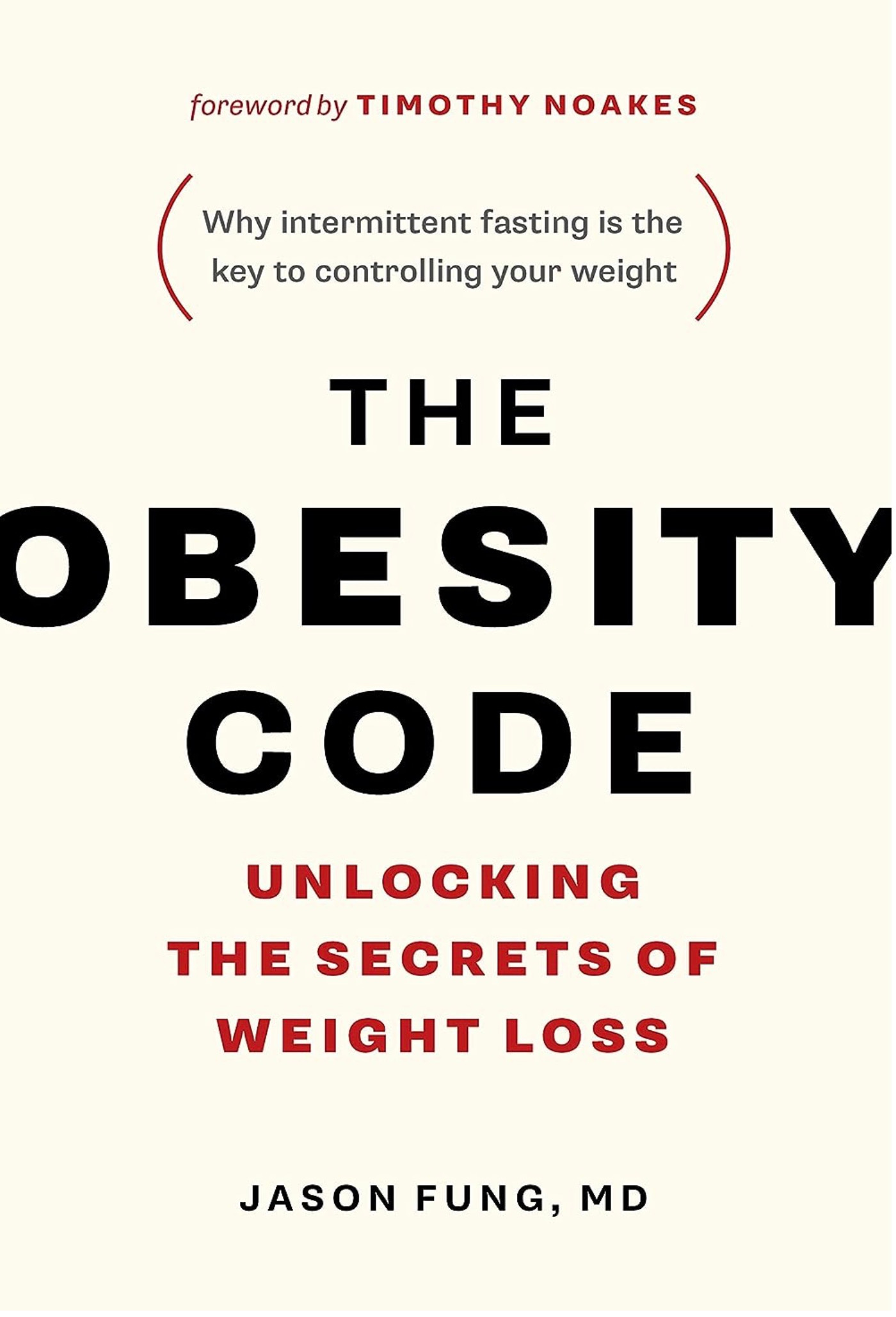As Seen in Epidemic of Fraud: "Financial Conflicts of Interests and the End of Evidence-Based Medicine"
In 2019, Dr. Jason Fung gave an incredible presentation about the plague of corruption in medical research. Who would have known that his words would be so prophetic just a few months later?
Watch the full CrossFit presentation by Dr. Fung
You saw this presentation featured in “Epidemic of Fraud”, now see the entire thing.
“Evidence-based medicine is actually so corrupt as to be useless or harmful,” Marcia Angell wrote in 2009. The statement was less a revelation than something many already knew, but it made waves because of its source. Angell, a medical insider, had spent two decades as the editor-in-chief of the New England Journal of Medicine.
Dr. Jason Fung is also a medical insider who has become wary of scientific research that purports to be “evidence based.” A well-known nephrologist and author, Fung often speaks about Type-2 diabetes reversal and the metabolic effects of intermittent fasting, but in this presentation from Dec. 15, 2018, he turns his focus toward the many ways the foundations of evidence-based medicine have become corrupted by financial conflicts of interest.
The first conflicts of interest he highlights pertain to the corruption of doctors. Practicing physicians who accept gifts from Big Pharma are 225-335% more likely to prescribe drugs from the gift-giving company than those who do not, Fung explains.
The corruption of doctors in prestigious universities is even worse, he claims. “There's a clear correlation: The more prestigious a doctor, the more money they're getting from the pharmaceutical.” Anecdotally, he says, this means you may be better off seeking medical advice from a family physician than from a Harvard professor; the former probably just accepted a $10 pen from Big Pharma while the latter is on the take for $500,000. “It just is a terrible system,” he says. “Yet, these people are the people that are in the newspaper. They're the ones that are teaching medical students, are the ones who are teaching the — the dietitians, the pharmacist — everybody.”
The most insidious corruption affects the published research on particular drugs. Fung highlights the influence industry can have when it finds a medical journal editor willing to take its money. Another problem arises in the form of industry-funded medical research. This conflict of interest leads to the selective publication of positive trials, which can skew the science on particular drugs and lead to unnecessary or even dangerous overprescription. Fung notes how statin prescriptions illustrate the scope of this particular problem.
“We accept this of drug companies … but the problem is that people die,” Fung says. He later adds: “You can make arguments that sugar is a health food, that opioids are good for you … but it harms patients, and we always have to remember that at the end of the day, this is not why we became doctors. The reason we became doctors was to help people, but we're not until we kind of set those same rules as everybody else.”tube:
Books by Dr. Jason Fung
Dr. Fung has published several books. Check them out on Amazon here.
The Obesity Code: Unlocking the Secrets of Weight Loss (Why Intermittent Fasting Is the Key to Controlling Your Weight)
Check out this book and more at Dr. Fung's Amazon page.
You can read more from Dr. Fung here. Follow Dr. Fung on X.




Thank you for your reporting. I would like to introduce you to Global Drug Safety Advocate Kim Witczak.
www.kimwitczak.com
Kim founded Woody Matters, named after her late husband Woody who took his life soon after he started taking Zoloft. He was suffering from a side-effect of the drug that was observed in clinical trials but subsequently concealed by Pfizer. Had doctors known of this side-effect, his suicide could have been prevented.
Kim sued Pfizer and won. Her case is the reason we have black box suicide warnings on SSRI drugs today. She has been a tireless advocate for informed consent on medical products ever since. She's spoken at congressional hearings and is currently on the FDA advisory committee to approve new drugs coming to market. She is often the solo "no" vote as safety is her priority.
Her story and advocacy is especially relevant today given the mental health struggles and rising suicide rate among young people, and the over diagnosis and over prescription of drugs — especially SSRIs — to that population as well. Our schools are adding medical clinics with the ability to prescribe drugs, often without parental knowledge, making her story is especially compelling to parents
Kim's work as an advertising executive has helped her understand the spiderweb of influence that big pharma has over the medical journals, medical schools, hospitals and ads to consumers. She lectures at medical schools on the roles of the FDA, CDC and the influence of big pharma.
Kim has done hundreds of podcasts, with some large audience shows including American Thought Leaders with Jan Jekielek and Redacted with Clayton Morris. She is the subject of this recent Daily Caller article about the corrupting influence of “Big Medicine".
Kim worked with Dr Doshi among others on a citizen petition sent to the FDA this year.